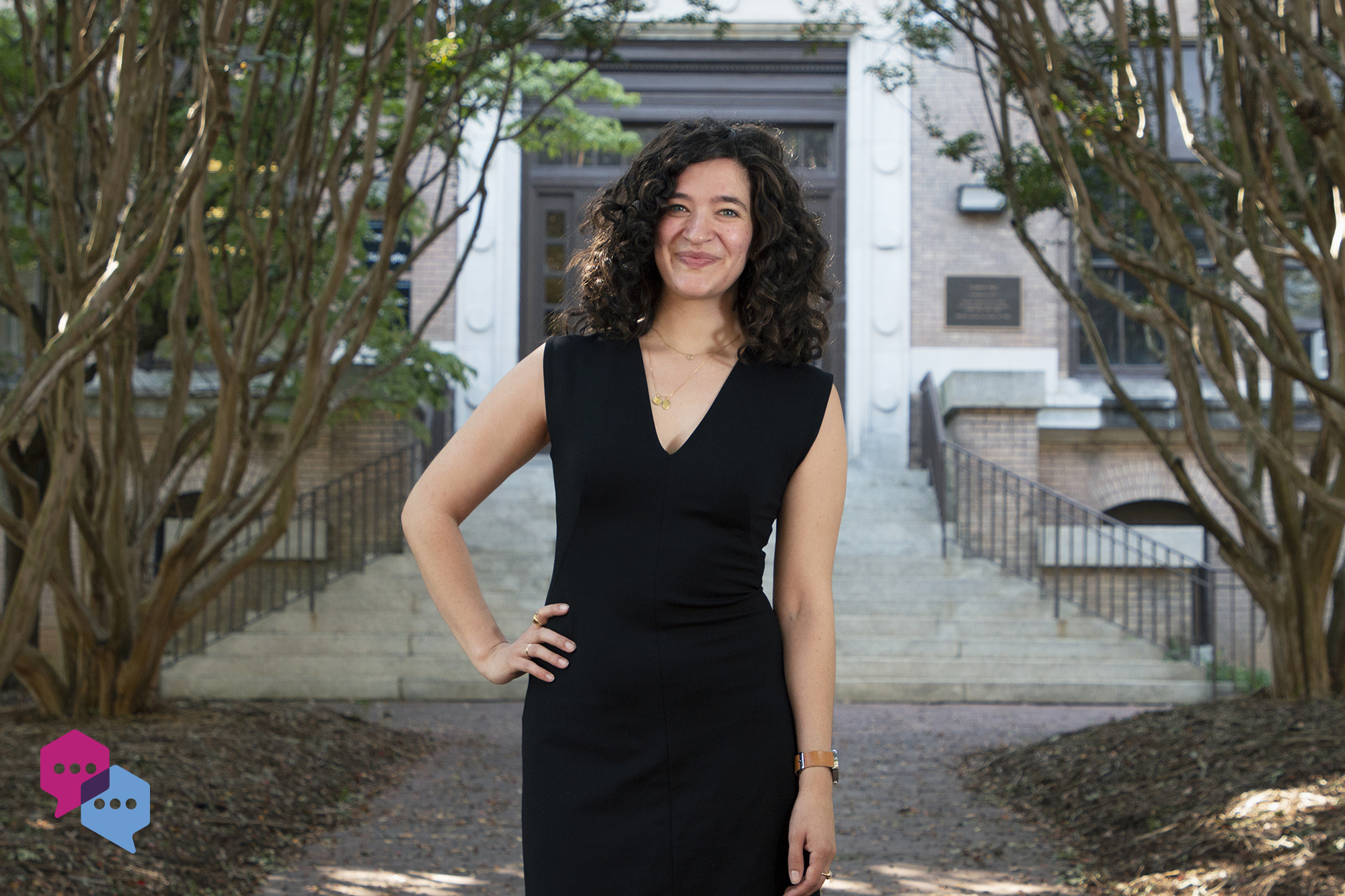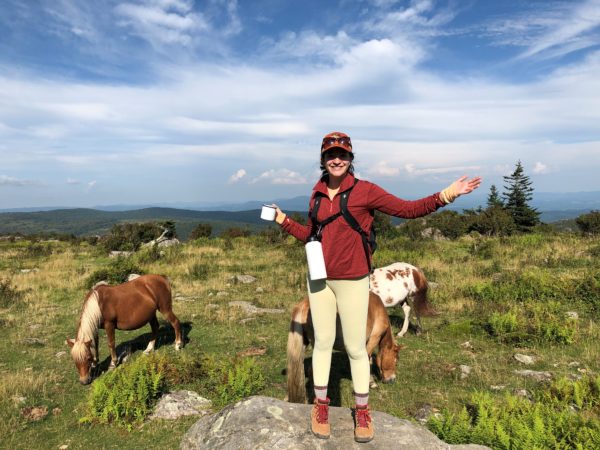Q: When you were a child, what was your response to this question: “What do you want to be when you grow up?”
A: A veterinarian. I remember carrying around a little red plastic suitcase full of “doctor supplies,” like a stethoscope I would use on my stuffed animals. After that, I wanted to be an artist. I spent a considerable amount of time in studios, learning different styles of printmaking, and accidentally inhaling solvent vapors before deciding that becoming a philosopher was a more practical career path for me.
Q: Share the pivotal moment in your life that helped you choose your field of study.
A: My high school was divided into several different programs. An instructor commented on how bored I seemed and suggested that I might enjoy a class in a different program more. After I transferred, the instructor assigned the 1990 Teacher of the Year acceptance speech by John Taylor Gatto as a reading. The speech is a scathing critique of the U.S. educational system, with gems of quotes like, “School as it was built is an essential support system for a vision of social engineering that condemns most people to be subordinate stones in a pyramid that narrows as it ascends to a terminal of control.” Reading the speech fanned the flames of my own dissatisfaction with my educational experience and prompted me to take a college course on education and justice.
Q: Tell us about a time you encountered a tricky problem. How did you handle it and what did you learn from it?
A: A colleague and I organized an event on public philosophy. We faced many logistical difficulties including event spaces not being set up properly when we arrived. Our events coordinator was on leave but walked us through everything via text. We learned that university staff are the real unsung heroes of academia, and we’d be helpless without them. Thank your staff for the expertise they share and all the work they do. Thank you Katie, Sandy, Rebecca, Sally, Kori, Chris, and Jordan!
Q: Describe your research in 5 words.
A: “Understanding and navigating oppressive circumstances.”
Q: What are your passions outside of research?
A: I love to hike, try new foods, see live music, spend time with friends and family, teach, and practice yoga. While research definitely helps me better understand the world, I don’t think I’d have a good sense for what makes life beautiful, meaningful, or sometimes ugly and heartbreaking without having passions outside of my research.



